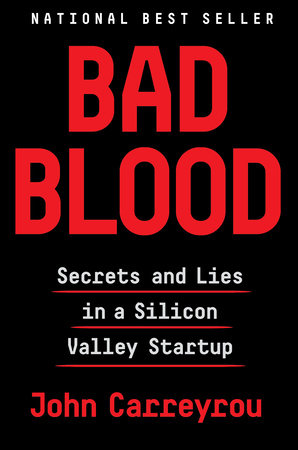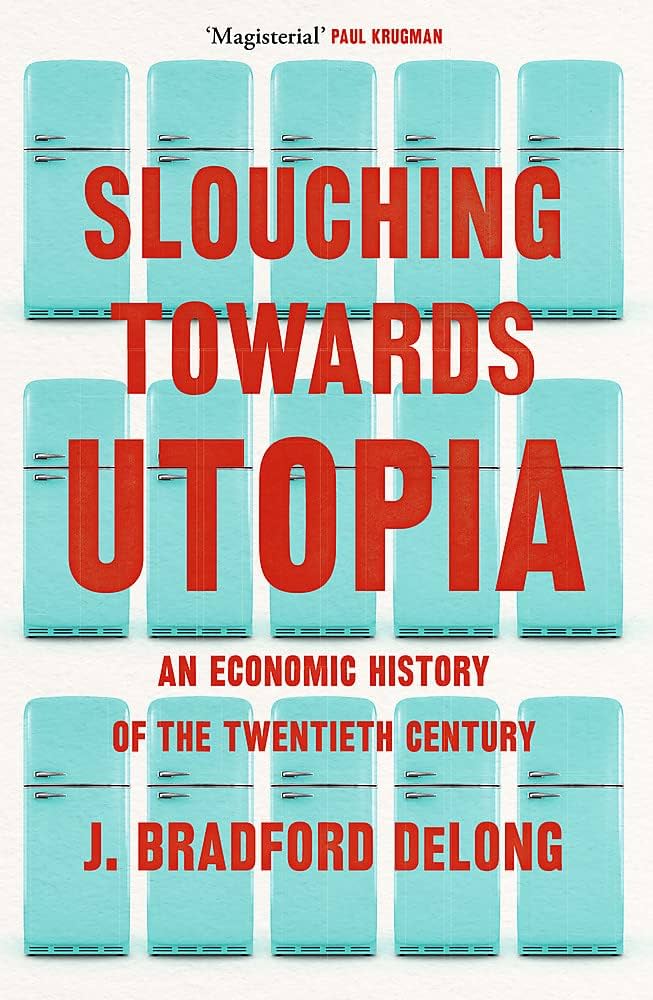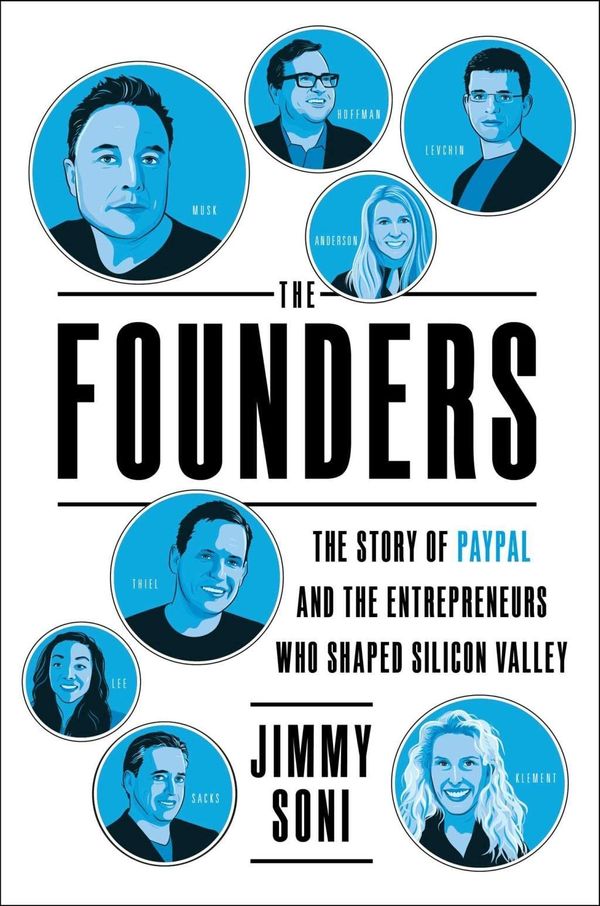By John Carreyrou (2018)
Pages: 320,Final verdict: Should-read
She was once dubbed the next Steve Jobs. Amassing a fortune once estimated in 4.5 billion USD, Elizabeth Holmes and her biotech startup Theranos were the darlings of Silicon Valley. But then, following an investigation done by John Carreyrou and the Wall Street Journal, all came crashing down.
Bad Blood: Secrets and Lies in a Silicon Valley Startup is the director's cut to the investigative piece done by John and the WSJ, a jaw-dropping book on the rise and fall of Theranos.
From a college dorm to tech royalty
It was 2009 when Elizabeth Holmes founded Theranos as a sophomore in Stanford, the prestigious University in the heart of Silicon Valley, where a decade earlier Sergey Brin and Larry Page had started Google. Her ambition did not feel short of her fellow alumni. With just a drop of blow drawn from the patients finger, Theranos promised to derive a complete health snapshot, revolutionising the medical and lab testing industry along the way.
By 2013, Elizabeth had the tech world at her feet. Having raised more than 100 million dollars in venture capital from world renowned investors, a partnership with Walgreens to rollout Theranos clinics in thousands of pharmacy stores and word they were working with the US military, Theranos was valued at 13 billion dollars. More valuable than Uber and Spotify, Elizabeth herself had a net-worth of 4.5B$.
What nobody imagined was that behind the charismatic CEO of a deep baritone laid a web of lies and deceptions straight out of Hollywood, not Silicon Valley.
Behind the scam
The book follows the story of Elizabeth and Theranos, from her beginnings as a child in Texas and Washington, up to the initial aftermath that followed the Wall Street Journal publication.
Though promising and hyped, Theranos technology never really work. The results were unreliable, often wildly different from the results obtain with traditional laboratory blood analysers. But apart from handful of people working directly in Therano's lab and engineering teams, very few people knew what was going on. The patient tests done in the commercial trials with conducted with Walgreens needed to be conducted in out-of-shelf commercial analyzers, with Theranos "revolutionary" technology being used in less than 20% of the tests.
This illusion of success was possible through a combination of flat-out lies, as Theranos would often show investors fabricated sales targets and forged lab results, a company culture embedded in secrecy and high employee turnover where people were often prohibited from knowing what their colleagues were working on, and an aggressive legal defensibility against anyone who left the company or attempted to speak up against it.
Investors and partners were so enamoured by the promise of saving lives and redefining preventive healthcare that they failed to remain true to their principles of diligence and rigour before pouring millions of dollars into the company and risking patients lives.
In a way, Elizabeth was exactly what Silicon Valley was desperately looking for. A young, brilliant female tech entrepreneur with a bold vision and a charismatic aura. Maybe that's how it was possible to keep the charade for so long. Now, facing criminal charges on fraud from the U.S Attorney's Office in San Francisco, Elizabeth and Theranos story is drawing closer to its end.
Bottom line
It's not usual for me to get hooked on to a book the way I did with Bad Blood. It reads like a thriller, and with each chapters comes a new "I cannot believe this happened" moment that does not let you take your eyes from the book.
In the end, Bad Blood is a cautionary tale to what can happen when power, charisma, little sense of ethics and millions of dollars meet and industry where "moving fast and breaking things" is an irresponsible motto to live by.



